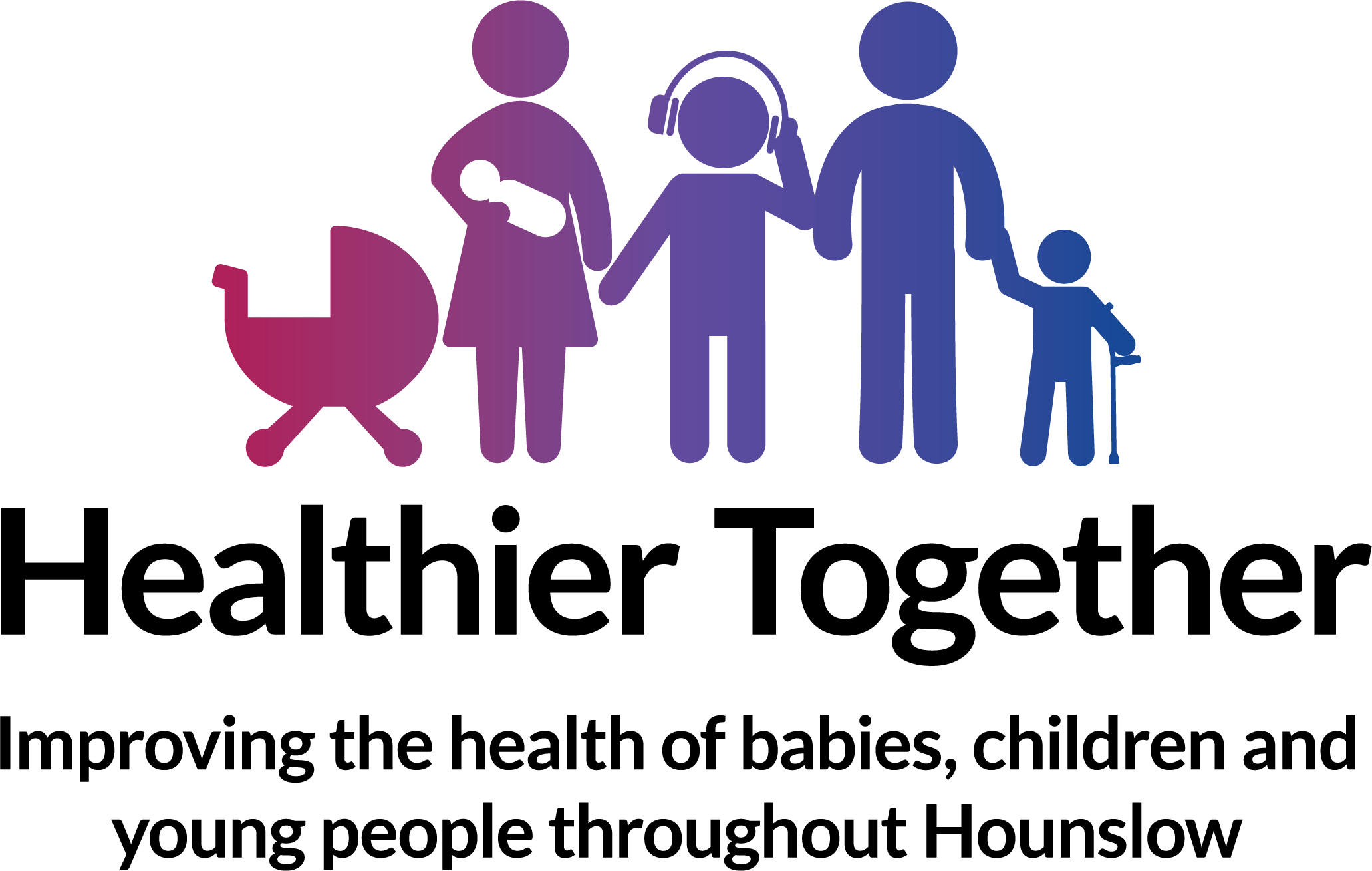Down Syndrome General Information
What is Down Syndrome?
•The most common genetic condition
•Generally, a chance happening at time of conception
•Born to parents of all ages, ethnic, cultural and socio-economic backgrounds
•Extra copy of 21st chromosome in baby’s cells
People with Down syndrome share some common physical characteristics however each is a unique individual with their own strengths and weaknesses, individual character and personality, each influenced by their families, friends and life – just like everyone else.
There are three types of Down syndrome:
Trisomy 21 is the most common type of Down syndrome – it includes 95% of the Down syndrome population.
Translocation occurs in only 2-3% of those born with Down syndrome, where an extra part or whole extra copy of chromosome 21 is attached to a different chromosome.
Mosaicism occurs in around 2-3% of people with Down syndrome, where there is an extra whole chromosome 21 in only a percentage of their body cells – the rest of the cells do not have the extra chromosome.
No matter which type of Down syndrome your child has, the effects of the extra genetic material will be unique to them. They will have their own strengths, likes, dislikes, talents, personality and temperament. Think of your baby first as a child. Down syndrome is just part of who they are.
Having a baby with Down syndrome
In almost all cases, Down syndrome does not run in families.
Your chance of having a baby with Down syndrome increases as you get older, but anyone can have a baby with Down syndrome.
Speak to a GP if you want to find out more. They may be able to refer you to a genetic counsellor.
Screening
If you're pregnant you'll be offered a screening test to find out your chance of having a baby with Down syndrome.
You can have the test at your dating scan (around 11 to 14 weeks).
If you have a higher chance, you can have further tests.
The Down Syndrome Association provides more information on screening.
What does it mean to have Down syndrome?
•A learning disability
•Shared physical characteristics
•Some may have additional health needs
Meet George Webster, actor, TV presenter and Mencap ambassador.In this video George dispels five myths about Down syndrome.


